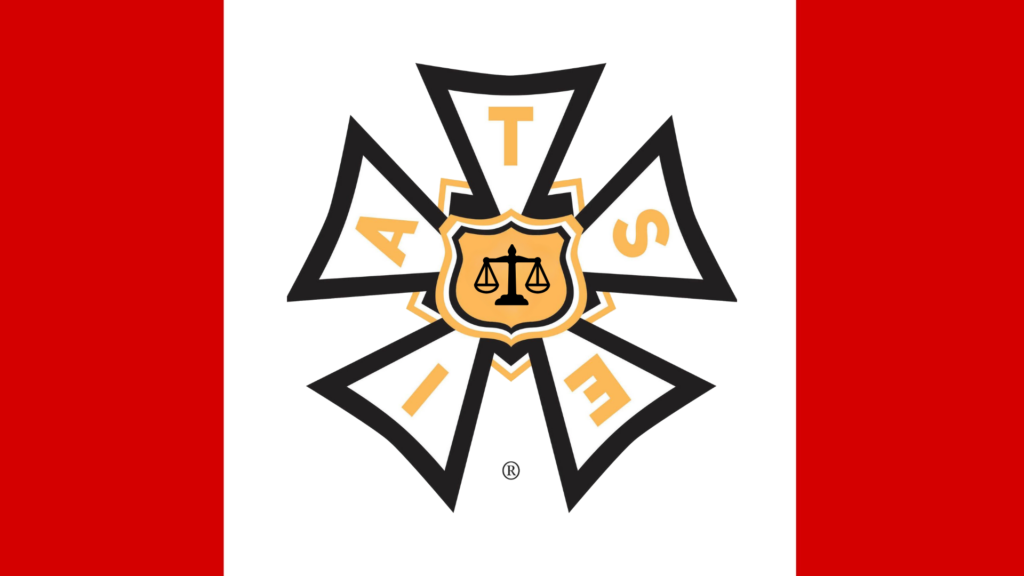- May 26, 2021
- Certifications/Decertifications
This decision involves an objection filed by IATSE 300 with respect to the conduct of a representational vote in an application for certification. On agreement of the parties, a second representation vote was ordered following irregularities in the first vote. The second vote was to be conducted by mail in ballots. The employer provided the Board with addresses for the eligible voters. The Board used those addresses to send packages containing instructions and mail in ballots to the employees. One employee, Mr. Neudorf claimed that the Employer provided the wrong address and misspelled his name. As a result, the Agent of the Labour Board slightly extended the deadline for returning the completed ballot. A second employee, Mr. McIntosh advised that he rarely checked the mail box at the address provided by the employer. As a result, the Agent of the Labour Board provided Mr. McIntosh with the same extension provided to Mr. Neurdorf. Both Mr. McIntosh and Mr. Neurdorf completed and returned their ballots after the original deadline but before the expiration of the extended deadline. The representational vote failed as the result was a tie (4 employees voting in favour of the Union and 4 employees voting against the Union).
IATSE 300 filed an objection to the conduct of the vote taking the position that the fact that Mr. McIntosh did not check his mailbox in time was not reasonable justification to grant him an extension of time to submit his ballot. The Union argued that the extension was an irregularity that tainted the voting process and that the Board should order a new vote.
The Board rejected the Union’s objection. In so doing, the Board held that the primary goal of the Board in conducting representation votes is to ensure that all eligible voters have a reasonable opportunity to participate in the representation vote in question. The Board further held that the discretion granted to Board Agents in setting the parameters for representation votes deserves “an element of deference”. The Board held that when examining the decisions of an agent, the question is whether the decisions/actions of the Agent “were reasonable in light of the circumstances of the particular workplace…”. In this case, the Board noted that Mr McIntosh contacted the agent prior to the prescribed deadline and expressed a concern with the delivery of his ballot. In the circumstances, the Board concluded that it was reasonable for the Agent to extend the deadline for Mr. McIntosh to submit his ballot.








